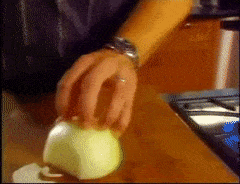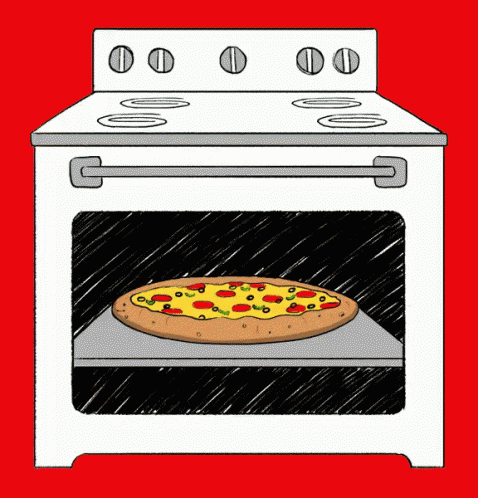AuthorHi, I'm Ray Evans. I'm a certified copyeditor and proofreader. Archives
September 2023
Categories |
Back to Blog
1) Find Your Freshest Ingredients (Idea)Like any good salsa, a story starts with fresh, quality ingredients – in our case, ideas. Now, I don't mean you have to come up with the plot equivalent of a unicorn playing a harpsichord on the moon. No, the secret is in taking the everyday, the familiar, and adding your own unique twist. Think of it like this: tomatoes are common, but toss in a dash of smoked paprika and suddenly you've got a taste sensation. 2) Dice Those Characters (Developing Characters)Characters are the onions of your storytelling salsa. You want to dice them up, expose all their layers. Make them real, make them relatable, but most importantly, make them interesting. You don't want some watery, bland onion ruining your salsa, right? Same goes for characters. Give them quirks, give them motives, give them life. It's the difference between a forgettable crudité and a fiesta in your reader's mouth. 3) Turn Up the Heat (Conflict)What's a salsa without a little heat? Conflict, folks, is your jalapeno. It fires up your story, gives it that edge-of-the-seat, can't-stop-reading spice. But remember, not everyone likes their salsa mouth- meltingly hot. Balance is key. Enough conflict to keep things interesting, but not so much it overwhelms the other flavors. 4) Blend it All Together (Plot)Plot is where all the ingredients of your storytelling salsa come together. This is where you blend, mix, and season until you've got a narrative that's smooth, satisfying, and just the right amount of spicy. Remember, it's not just about tossing things together willy-nilly. You're a chef, a maestro of the written word. Every twist, every turn, every character decision should be as deliberate as your choice of cilantro or parsley. 5) Sample and Adjust (Revision)Even the best chefs taste and adjust their dishes. Your first draft? That's your initial mix. Now it's time to sample. Too bland? Add conflict. Too confusing? Clarify that plot. Characters falling flat? Dice 'em up and add some flavor. This step, my friends, is where good stories become great stories. A Developmental Editor could help you out with this. 6) Serve it Up (Publishing)Finally, it's time to dish out that delicious storytelling salsa to your eagerly awaiting readers. Whether it's through traditional publishing, self-publishing, or serializing your work online, don't let your salsa sit in the fridge. Get it out there, let people taste it, and brace yourself for the applause (and constructive criticism - a chef's work is never done, after all). ConclusionIn conclusion, authors, remember: writing is like creating the perfect salsa. It takes fresh ingredients,
patience, and a dash of creativity. But when all those flavors come together? Chef's kiss You've got yourself a story readers won't be able to resist. So get out there and start cooking!
0 Comments
Read More
Your comment will be posted after it is approved.
Leave a Reply. |
 RSS Feed
RSS Feed






